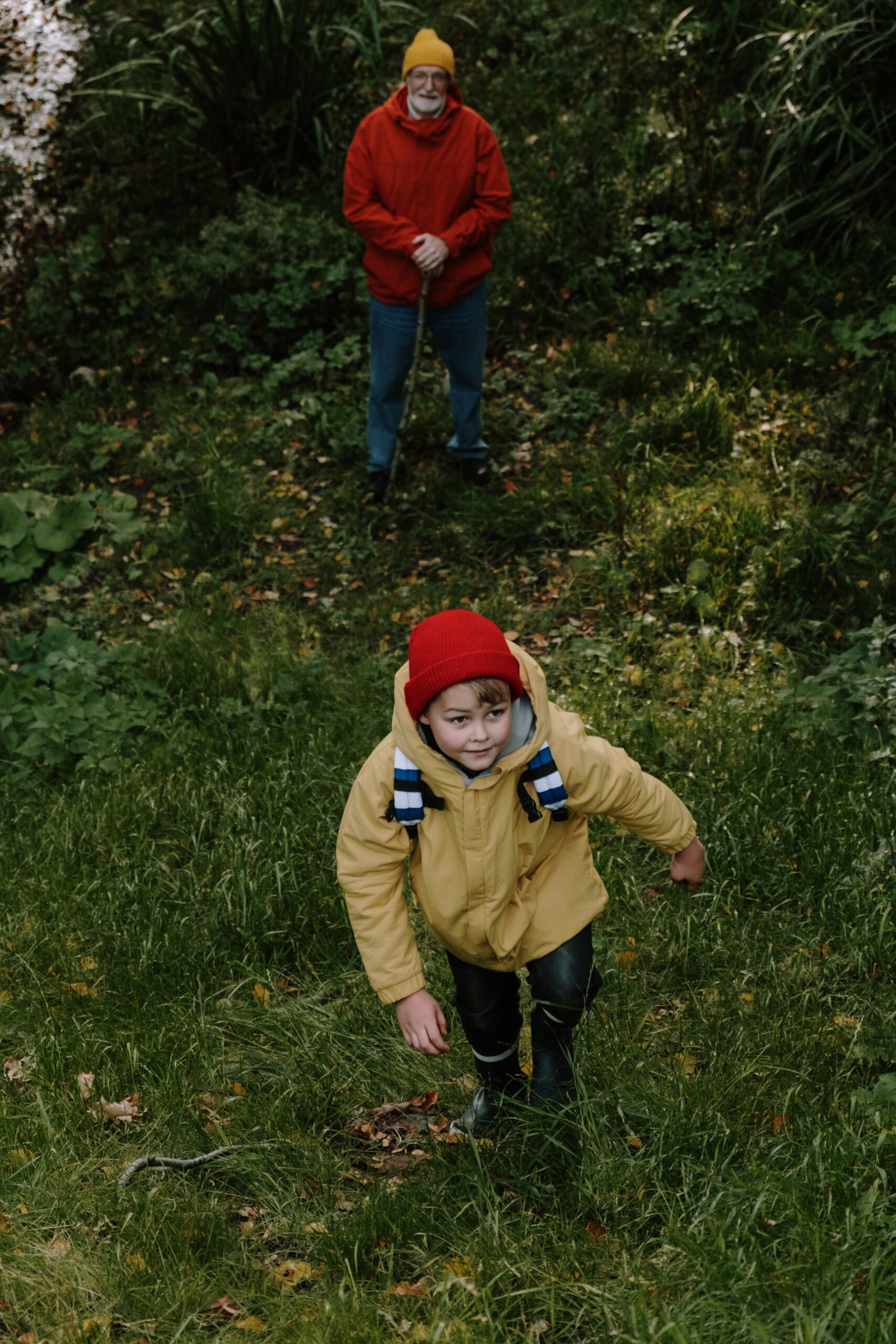Why Everyone Should Document Their Life Story

Why Everyone Should Document Their Life Story
Have you ever wondered what legacy you’ll leave behind? Imagine your future generations opening a book filled with your stories, learning who you were beyond photos and names. It’s a powerful thought, isn’t it? Documenting your life story is one of the most meaningful things you can do—not just for yourself, but for your loved ones and even for generations you’ll never meet.
In a fast-paced world where memories can get lost in the shuffle, taking the time to reflect, write, and share your journey is a priceless gift. It’s not about having an extraordinary life—it’s about sharing your unique perspective, your lessons, and your triumphs. Let’s explore why documenting your life story is a journey worth taking.
1. Your Story Is Uniquely Yours
No two lives are the same, and that’s what makes your story so valuable. You may think, “I don’t have anything special to share,” but even the smallest details—like how you spent your summers as a kid or the way your family celebrated holidays—carry meaning.
For example, I remember my grandfather talking about his first job working in a big factory during the communism. It wasn’t an extraordinary tale, but the way he described the sleepless nights during night shifts and the pride he felt earning his first paycheck gave me a window into his world. Those stories are treasures I carry with me.
Your story is a collection of experiences, memories, and emotions that no one else can replicate. By documenting it, you’re offering a window into your unique journey and helping others understand who you are beyond the surface.
2. It Creates a Legacy for Future Generations
Have you ever flipped through an old photo album and wondered about the people in the pictures? What were their lives like? What challenges did they overcome? What made them laugh? Documenting your life story answers those questions for future generations.
Imagine your grandchildren—or even their children—reading about your favorite childhood memory, the moment you fell in love, or the lessons you learned from life’s ups and downs. Your story becomes a bridge, connecting them to their roots and helping them understand the values that shaped your family.
For instance, my grandmother once wrote a letter to me about her childhood during World War II. It wasn’t just about the hardships; it was about resilience, love, and community. That letter became a part of our family legacy, and I know it will be cherished long after I’m gone.
3. It’s a Journey of Self-Reflection
Documenting your life story isn’t just for others—it’s an incredibly enriching experience for you, too. Taking the time to reflect on your life can bring clarity, gratitude, and even healing. It’s a chance to celebrate your accomplishments, make peace with your struggles, and recognize the lessons you’ve learned.
I remember sitting down to write about a particularly tough time in my life—a career setback that left me feeling lost. As I wrote, I realized how much that experience had taught me about resilience and adapting to change. What once felt like a failure turned into a defining moment of growth.
Self-reflection through storytelling isn’t just therapeutic; it’s empowering. It helps you see your life as a tapestry of moments, each one contributing to the person you’ve become.

4. It Strengthens Relationships
Sharing your story can create deeper connections with your loved ones. It’s a way to pass down not just facts, but feelings, wisdom, and experiences. A life story book can spark conversations, strengthen bonds, and even bridge generational gaps.
For example, when I helped my mom document her life story, I learned things about her I’d never known before—like her secret dream of becoming a painter and how she met my dad at the swimming pool when she was a swimmer. Those stories brought us closer and gave me a deeper appreciation for who she is.
Sharing your story invites others into your world and encourages them to share theirs. It’s a two-way gift that builds empathy, understanding, and love.
5. It’s Easier Than You Think
One of the biggest misconceptions about documenting your life story is that it’s too hard or time-consuming. But with tools like LifeScript, it’s never been easier to capture your memories. Guided prompts help you organize your thoughts, and chapter templates make it simple to create a polished, professional-looking book.
You don’t need to be a writer or spend hours agonizing over every detail. All you need is your voice and your memories. Whether you want to jot down a few key moments or create a full autobiography, platforms like LifeScript take the guesswork out of the process.
Think about it—spending just a few hours can result in a keepsake that will be cherished for generations. It’s a small investment of time for an timeless reward.
Conclusion
Your life is a story worth telling. By documenting your journey, you’re not just preserving memories—you’re creating a legacy, deepening relationships, and taking a meaningful step toward self-reflection and growth.
So, what’s stopping you? Start today. Whether it’s jotting down a few memories or using a service like LifeScript to create a beautifully crafted life story book, every step you take is a gift to yourself and your loved ones.
Your journey deserves to be shared. Don’t let it fade into the background—capture it, cherish it, and pass it on.